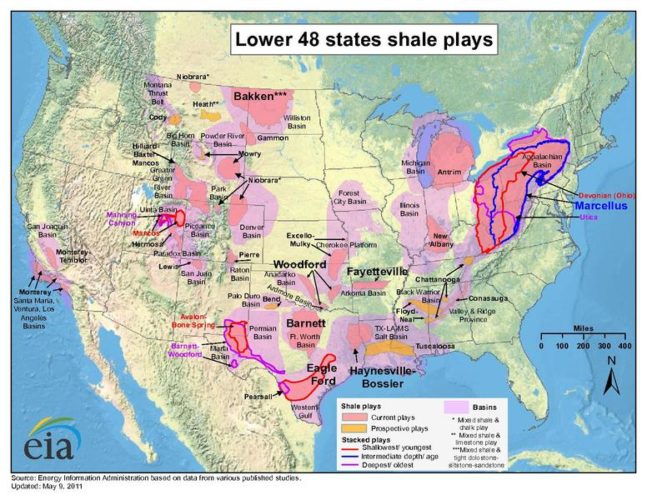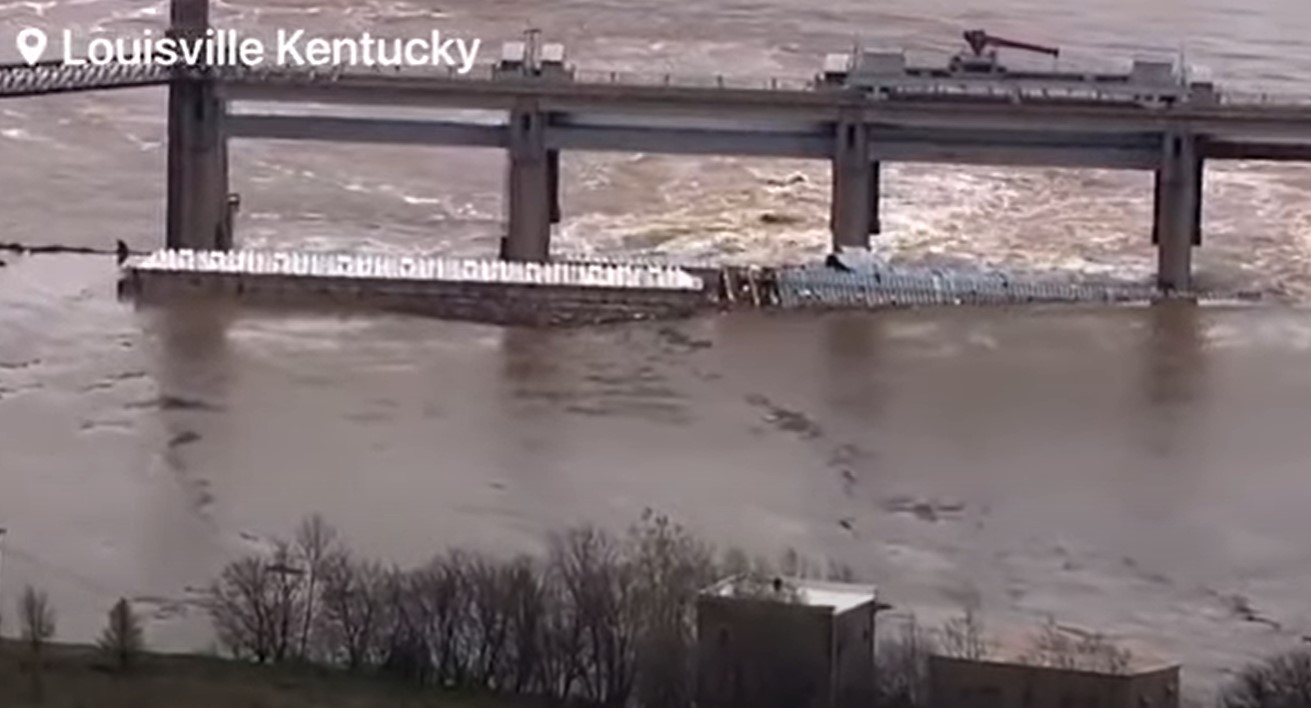Now it’s clear! Fracking is dangerous as natural gas production is responsible for methane contamination of drinking water in Texas!
This new scientific study poses challenge to gas industry assertion that energy boom hasn’t hurt water supply!

Hydrocarbon production from unconventional sources is growing rapidly, accompanied by concerns about drinking-water contamination and other environmental risks. A new study study shows that natural gas production contaminated the well water of two homes in a Texas subdivision.
Using noble gas and hydrocarbon tracers, the scientists distinguished natural sources of methane from anthropogenic contamination and analysed the gas content of the wells in two states, Texas and Pennsylvania (Marcellus and Barnett Shales).
Results show that:
- Each of 20 homes tested in Parker County has detectable methane in its well water because of many layers of oil and gas in the ground.
- Two homes with water containing negligible amounts of methane in 2012 were tested again in August and November 2013, and showed far higher levels.
- All the gas chemistry in the water changed so that it wasn’t just higher methane levels but higher methane from a totally different source
- Fugitive gases have been found in eight clusters of domestic water wells overlying the Marcellus and Barnett Shales, including declining water quality through time over the Barnett.
- Gas geochemistry data implicate leaks through annulus cement (four cases), production casings (three cases), and underground well failure (one case) rather than gas migration induced by hydraulic fracturing deep underground.
This is the first study to provide a comprehensive analysis of noble gases and their isotopes in groundwater near shale gas wells. Using these tracers, combined with the isotopic and chemical fingerprints of hydrocarbons in the water and its salt content, we can pinpoint the sources and pathways of methane contamination, and determine if it is natural or not.












